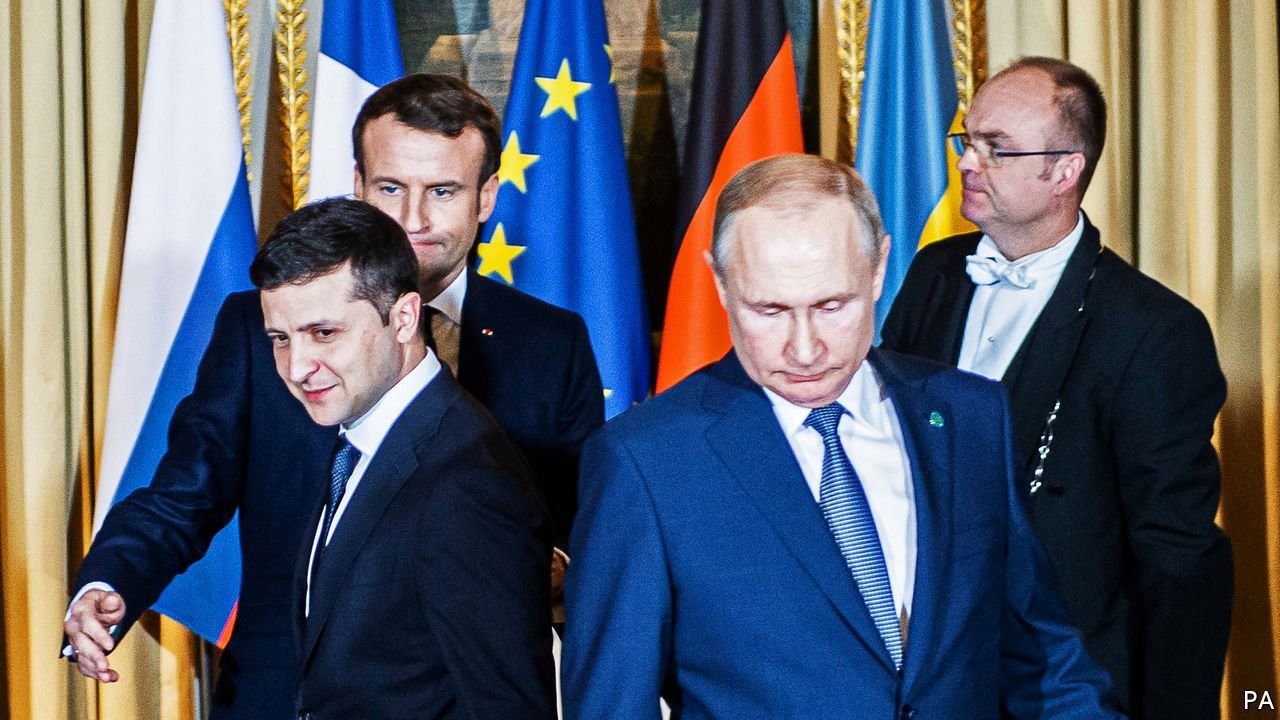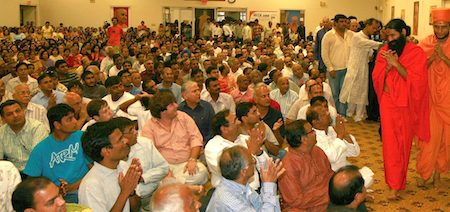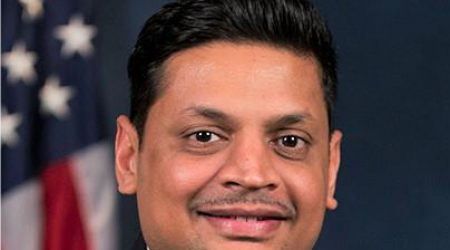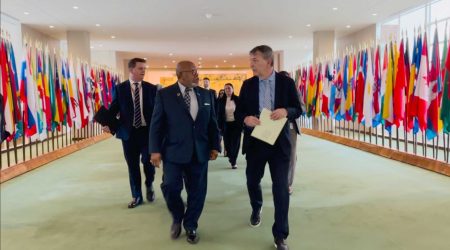By Shivaji Sengupta
The excuse for war is ideology. The truth about its causes is pride, ego, territorial gains, and supremacy. The subconscious in war is paranoia and fear – and stern ambition. All of these are in evidence in Russia-Ukraine. Vladimir Putin started this war putting fear, paranoia, and territorial revanchism as the material causes. Ideology is his hoax.
Ukrainian President Vlodymir Zelenskyy, on the other hand, is being driven to desperation by his nation’s pride, refusal to bow to a vastly superior power, drawing energy from nationalist fervor. Meanwhile, people are dying and, if the war is not stopped, many more will die. Over three million, mostly women and children, have fled.
So far, President Zelenskyy, a peacetime president in political trouble but a wartime hero, has been rallying the people of Ukraine to keep up its fighting spirit. And they have answered affirmatively.
But, Zelenskyy is now under tremendous pressure from many citizens to negotiate, but with pride, dignity, and integrity, not give away the store. To this end, there is supposed to be a 15-Point peace plan being negotiated between the two countries. I say, “Supposed to be,” because few in the U.S. have actually seen it.
Russia, on its part, is willing to give up the demand for regime change in Ukraine, but Ukraine has to give a written guarantee never to be a part of NATO, never to amass army on its border with Russia, and Crimea must be acknowledged as Russian territory. The sticking point is Russia’s demand that the two Russian populated regions in Ukraine, Donetsk, and Luhansk be regarded as independent states. Even on this matter, Ukraine is willing to continue negotiations. They haven’t rejected it outright.
The United States is urging Zelenskyy to be careful, not to trust Putin. Since the “so-called” negotiations have been going on parallel with the war, how much can you believe Putin?
Whether this 15-Point Plan is just a ploy by Putin to buy time while he prepares for a final, massive onslaught and flatten Ukraine completely? Yet, the chief Ukraine negotiator and his team, as well as Russia’s foreign minister have both expressed cautious optimism that the Plan will work, peace will come.
President Zelenskyy’s responses to the peace proposal have been far more speculative than his appointed negotiators. Not too long ago a nuclear war was theoretical, a deterrent, and, therefore, ironically, a safety check. But all of a sudden, talk about the use of nuclear weapons by Russia has flared up. Putin was the first to clearly hint at it and on this weekend, Zelenskyy echoed the fear. Not since the Cuban missile crisis in 1962 have we heard such persistent talk of nuclear war. Will there be a nuclear war?
“The prospect of a nuclear war,” warned Antonio Guterres, the U.N. Secretary-General, “is now back within the realm of possibility.”
After Ukraine, such fear among the Lithuanians, Latvians, even the Polish is not unjustified. While there is no reason to believe that will happen, fear and paranoia abound. My own take on this matter of a nuclear war is that it is not going to happen. Besides, there are others in Russia besides Putin who will prevent him from destroying the world.
What we need internationally is for the peace process in Russia-Ukraine to succeed and the war to stop. Let the participants in this war negotiate. Let us stand back and watch – a fervent hope for peace.

(Shivaji Sengupta retired as VP of Academic Affairs from Boricua College, NYC. He holds a Ph.D. in English and Comparative Literature from Columbia University.)












